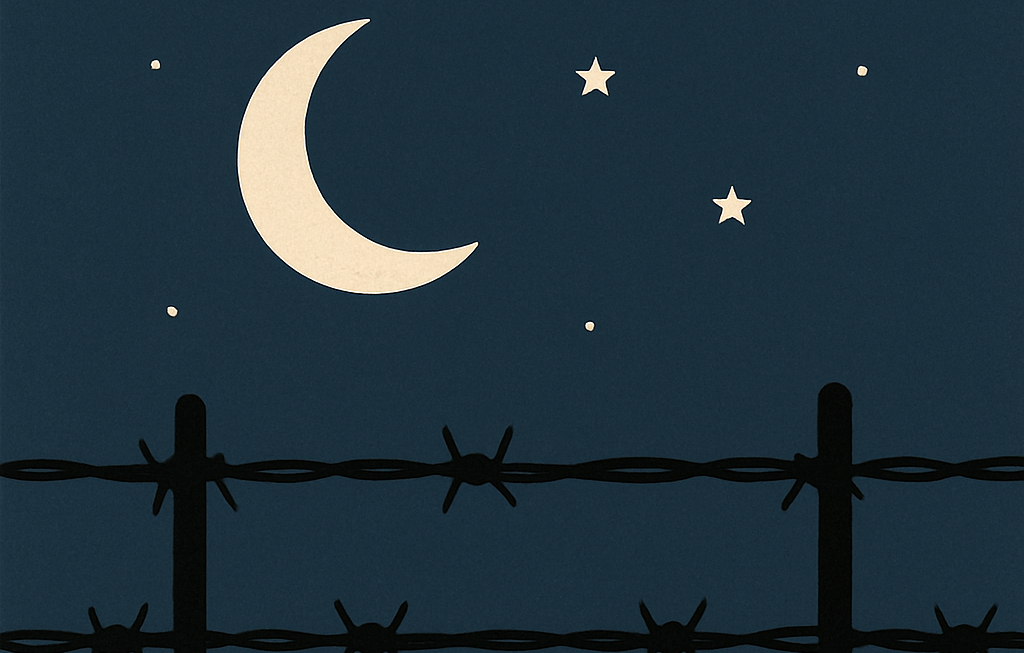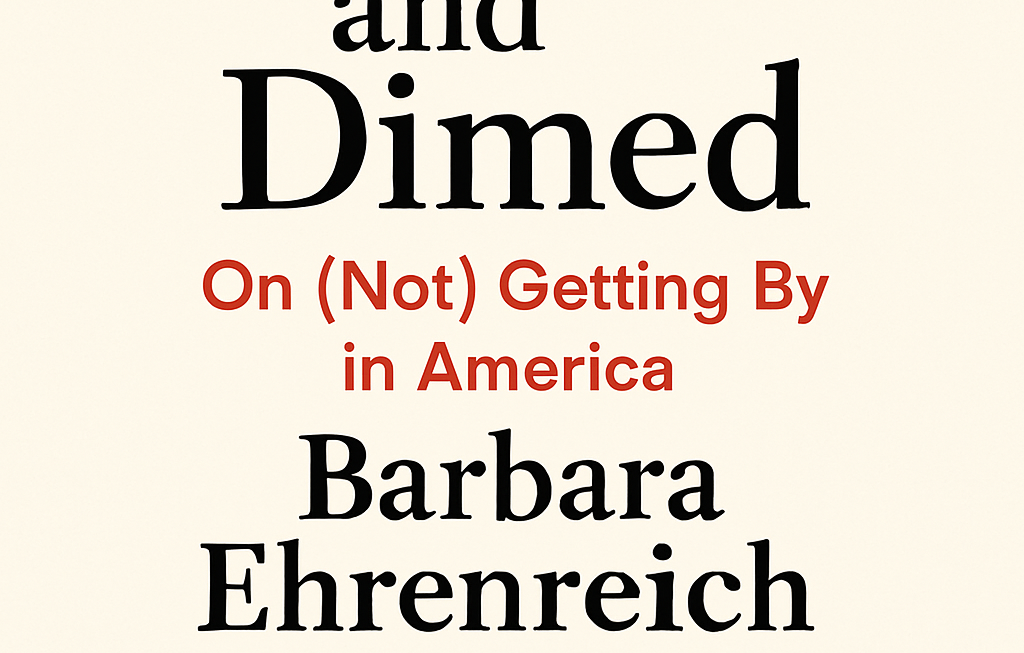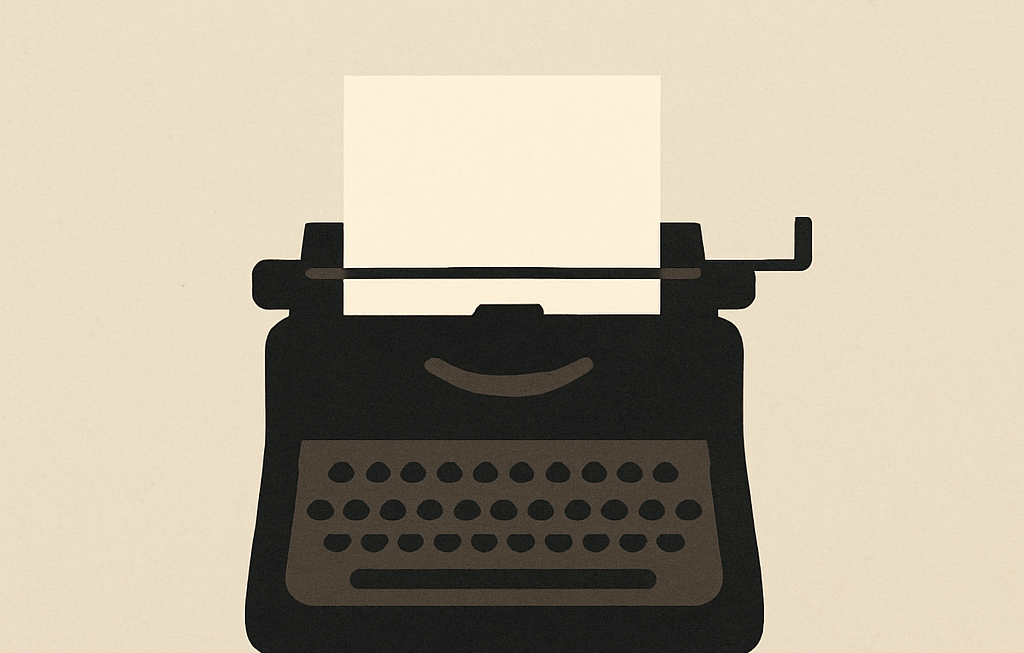The Unfading Flame: A Reflection on Elie Wiesel’s *Night*
Elie Wiesel, a name synonymous with the enduring struggle against indifference and the unwavering pursuit of justice, etched his experience into the annals of literature with Night, a memoir that transcends the boundaries of personal narrative to become a testament to the resilience of the human spirit. Published in 1956, Night details Wiesel’s harrowing journey as a Jewish teenager during the Holocaust, from the relative safety of his hometown in Sighet, Transylvania, to the unimaginable horrors of Auschwitz and Buchenwald. This isn’t merely a recounting of events; it’s a visceral exploration of faith fractured, humanity tested, and the profound burden of bearing witness. Wiesel, through stark and unsparing prose, forces the reader to confront the darkest depths of human cruelty, while simultaneously highlighting the enduring capacity for compassion and resistance even in the face of annihilation. His journey, meticulously detailed, is not just a personal one; it embodies the collective trauma of a generation, demanding remembrance and serving as a potent warning against the recurrence of such atrocities. The book’s enduring power lies in its unflinching honesty, its refusal to sanitize the brutal reality of the Holocaust, and its profound exploration of the enduring questions of faith, morality, and the human capacity for both unimaginable evil and extraordinary resilience. Wiesel’s legacy extends far beyond Night; his subsequent writings and tireless activism cemented his place as a moral compass for generations to come, a voice that continues to resonate in the fight against injustice and oppression.
An Imagined Interview with Elie Wiesel
- Question: Some critics argue that the sheer brutality described in *Night* risks overshadowing the complexities of human behavior during the Holocaust. How do you respond to this criticism, given your intention to present an unflinching account?
Answer: The complexity you speak of is precisely what I tried to convey. There was cruelty beyond measure, yes, but also moments of kindness, of defiance, of unexpected human connection. My intention was not to diminish the vastness of the evil, but to allow the reader to witness the full spectrum of human experience within that darkness – the acts of courage alongside the betrayals, the compassion amidst the indifference. To deny the shades of grey is to deny the truth of the Holocaust.
- Question: Your struggle with faith is central to *Night*. Did writing the book itself serve as a form of reconciliation, or did the questions persist, even after its completion?
Answer: The act of writing was a form of bearing witness, a necessity. It was a way of combating the silence that surrounded the horror. Yet, reconciliation is perhaps too strong a word. The questions never entirely disappear. They remain as a testament to the unfathomable, a constant reminder of the enduring need for understanding, for justice, for a world free from such unspeakable suffering. My faith was shattered, yet a desire for meaning – that did not diminish.
- Question: Many writers draw on personal experience. How did you navigate the ethical considerations of transforming your traumatic experiences into a widely read narrative?
Answer: The ethical responsibility weighed heavily upon me. It was not my intention to exploit or sensationalize. My aim was to create a truthful narrative that would serve as a testament, a warning, a reminder of what can happen when indifference prevails. Each word was chosen with the burden of that responsibility in mind. The story needed to be told not for my own sake, but for the sake of remembering and prevention.
- Question: *Night* is considered a foundational text in Holocaust literature. Did you anticipate its profound impact and lasting resonance when you first wrote it?
Answer: No, I did not. My primary motivation was to bear witness, to give voice to the voiceless. To document, so that this evil would never be forgotten. The impact was unforeseen, a responsibility I did not seek but now embrace as a moral obligation. The response has been humbling, compelling me to remain a voice against all forms of injustice.
- Question: Your later works explore the themes introduced in *Night* further. How did your approach to writing evolve as you processed your experiences over time?
Answer: My writing, like my life, is a continuous exploration of the profound and lasting impact of the Holocaust. It is a pilgrimage of understanding, a constant negotiation with memory and its implications. Each subsequent work was an attempt to grapple with the lingering questions, to find meaning in the face of unimaginable loss, and to understand the capacity for both evil and good inherent in humanity.
- Question: The Holocaust is often portrayed through the lens of victimhood. How did you try to balance this with the aspects of survival, resilience, and even resistance found within the narrative?
Answer: The experience was not solely about victimhood. It was about the strength of the human spirit, the courage to survive, and the persistent fight for dignity in the face of utter dehumanization. That balance was vital, for it is the resistance, the flickering flame of hope, which reminds us of the imperative to never forget.
- Question: Silence, or the lack thereof, is a powerful recurring motif in your work. Could you elaborate on its significance in the context of *Night* and its implications for our world today?
Answer: Silence is complicity. The silence of the world in the face of the Holocaust was a moral failure, a crime in itself. To remain silent in the face of injustice, anywhere, is to perpetuate it. The pen, the voice, must be raised – we must never again allow such horrific indifference to reign.
- Question: Do you believe literature possesses the power to truly prevent atrocities like the Holocaust from recurring? If so, how?
Answer: I believe literature, art, memory, all serve as warnings and reminders, shaping our understanding of history. By making the unspeakable known, making us confront the darkest realities, they cultivate empathy, educate against ignorance. It cannot guarantee prevention entirely, but it can serve as an invaluable defense against the insidious march of hatred and indifference.
- Question: Beyond the Holocaust, what other factors influenced your literary style and thematic concerns?
Answer: My experiences formed the foundation, yes, but my writing was also shaped by my faith, my engagement with literature and philosophy, and my commitment to human rights. The universal search for meaning and the importance of bearing witness are themes that transcend the specific context of the Holocaust, applicable to all struggles for justice and freedom.
- Question: Looking back, what would you say is your greatest hope for how *Night* continues to be read and understood by future generations?
Answer: My greatest hope is that readers will see it not only as a narrative of unspeakable horror, but as a testament to the resilience of the human spirit, a reminder of our shared humanity, and a call to action. That they will engage with its lessons, applying them to today’s challenges, so that history does not repeat itself.



